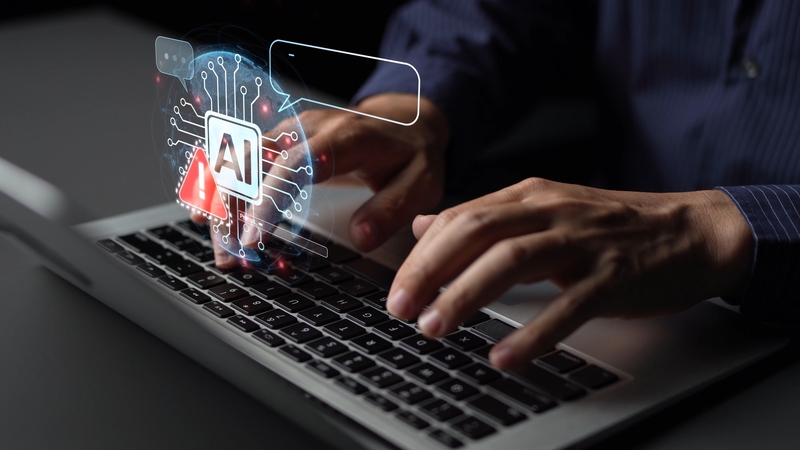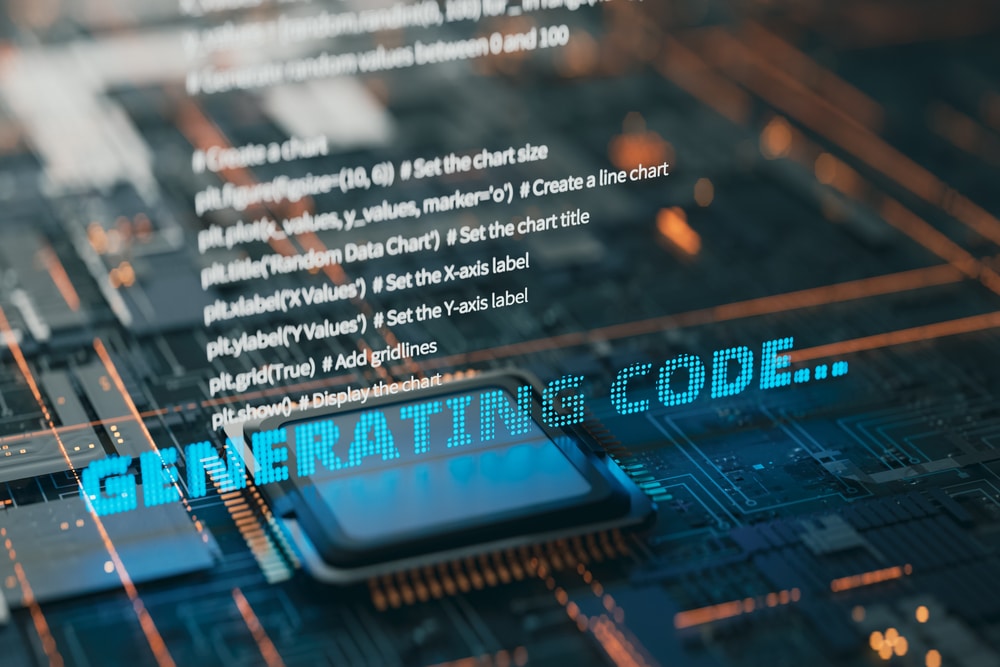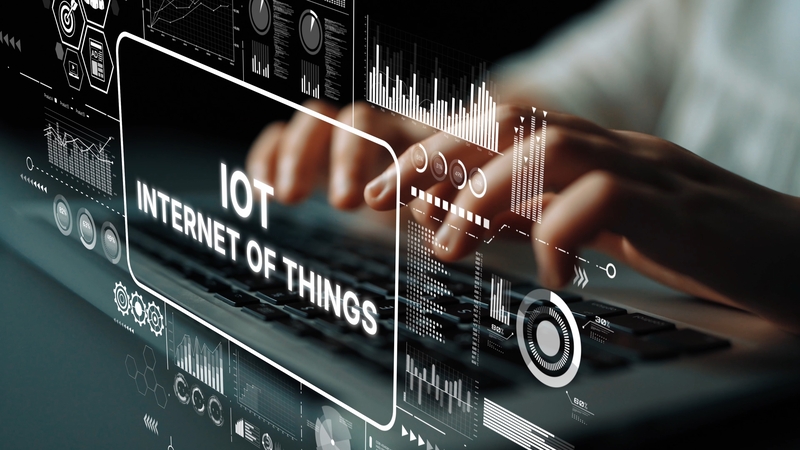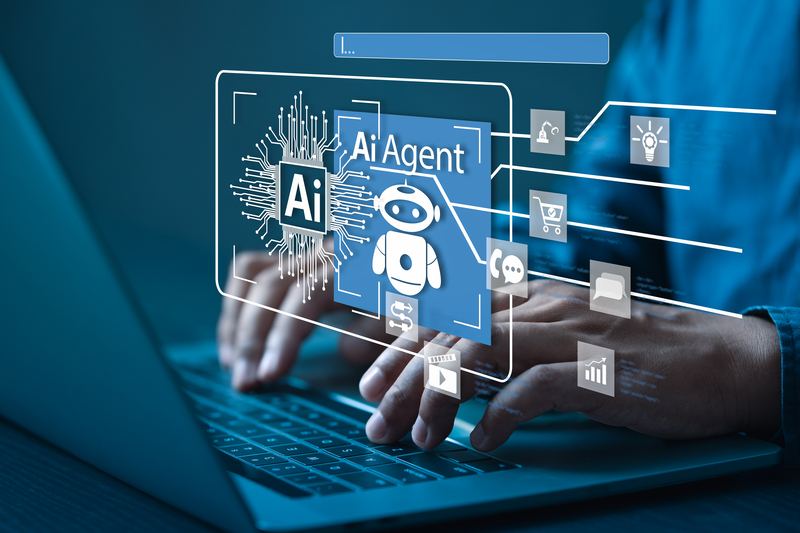
New Gcore platform simplifies enterprise AI deployment
Businesses are keen to deploy AI but doing so across hybrid and regulated environments, and managing the resulting workloads, remains deeply complex.
This is why Gcore is launching Everywhere AI, a deployment platform that allows enterprises to deploy, scale, and optimize AI workloads flexibly across on-premises, hybrid, and cloud environments while maximizing performance, efficiency, and revenue.

Why enterprises need to fix their data before AI breaks their business [Q&A]
There’s been a boom in AI in recent years and the technology has found its way into more and more areas of commercial enterprise.
But in the rush to adopt AI is the quality of the underlying data being ignored? We spoke to Krishna Subramanian, co-founder and COO of Komprise to find out why good data governance is key to implementing AI successfully.

CISO budgets increase with identity and data protection top priorities
A new study from RSAC finds most CISOs’ budgets increased between 2024 and 2025 and their top areas of investment for 2025-2026 are identity and data protection.
While 76 percent of CISOs report that their budgets for 2024-25 had increased, just 12 percent saw their budgets decrease.

IT leaders want to see AI integrated into their technology stack
A new survey of more than 830 global IT decision makers finds that 94 percent are looking for ways to integrate AI into their technology stack, with 33 percent naming it a top priority. However, only 19 percent say that demonstrating AI usage and effectiveness is a top priority for next year.
The study from Flexera also shows that 80 percent of IT leaders report increased spending on AI applications and over a third believe they’re overspending. Additionally, 73 percent say their SaaS and cloud infrastructure costs have risen, with 67 percent stating that cloud expenses weigh heavily on their IT budgets.

AI makes holiday shopping scams harder to spot
As we approach the busiest time of the year for online shopping, scammers and phisherfolk are also preparing for a seasonal bonanza. 1Password has surveyed 2,000 American adults to learn how people are protecting themselves -- or not -- from phishing scams.
It finds that 66 percent of respondents say they’ve noticed more 'scammy' messages, phone calls, and ads since AI became more prevalent. In addition 82 percent of respondents have been phished, or have come dangerously close to it.

81 percent of security teams lack visibility into AI coding
While AI adoption is now nearly universal, governance and visibility have failed to keep pace, according to a new report from Cycode.
The study shows that 97 percent of organizations are already using or piloting AI coding assistants, and all confirm having AI-generated code in their codebases. Yet, despite this near-total adoption, 81 percent lack visibility into AI usage and 65 percent report increased security risks associated with AI.

82 percent of finserv organizations suffered a data breach in the last year
A new report, based on a global survey of 250 decision makers at large financial services organizations of over 5,000 employees, shows that 82 percent have suffered a data breach via cyberattack, or a data leak, an unintentional exposure of sensitive data, in the past year.
The report from Blancco Technology Group finds 43 percent of breaches or leaks were attributed to stolen devices and drives.

Why, finally, all eyes are on OT [Q&A]
Operational technology and IT have historically tended to follow separate paths. But in recent times the spread of Internet of Things devices has seen the two moving closer together.
We spoke to David Montoya, Paessler global business development manager OT/IoT, to discuss how the OT landscape has evolved and why businesses need to be on top of the change.

New AI testing solution helps avoid hallucinations
AI systems are only as dependable as the data and validation that lies behind them. Yet many organizations struggle to test AI models comprehensively across languages, regions, and use cases.
That’s why crowdsourced testing platform Testlio is launching a new, end-to-end AI testing solution as the latest addition to its managed service portfolio.

More than half of retailers pay up when hit by ransomware
New research from Sophos into ransomware in the retail industry shows that among organizations that had data encrypted, 58 percent paid the ransom to get their data back -- the second highest payment rate in five years.
The survey, of 361 retail IT and cybersecurity leaders across 16 countries, also finds that 46 percent of attacks began with an unknown security gap, while 30 percent exploited known vulnerabilities. 58 percent of victims with encrypted data paid, however, only 48 percent of attacks resulted in encryption. The median ransom demand doubled to $2 million from 2024 and average payment increased five percent to $1 million.

Businesses at risk from boom in IoT devices
New research from Forescout Vedere Labs reveals that 65 percent of devices across organizations are no longer traditional IT. Of these 11 percent are network equipment, while 24 percent are part of the extended IoT, such as IoT, OT and IoMT.
Financial services (54 percent), healthcare (45 percent) and oil, gas and mining (40 percent) are the sectors that have the highest percentages of non-IT devices.

Human error is one of the biggest enterprise email risks
It’s known as an ‘ohno-second’ that moment in time when you realize you’ve clicked send on something you shouldn’t have. But it’s no laughing matter, a new survey of more than 300 security and IT professionals from Abnormal AI highlights the growing threat and business impact of legitimate email messages sent to the wrong recipient.
These misdirected emails can result in data breaches, regulatory violations, remediation costs, and reputational damage. The research shows 98 percent percent of security leaders consider misdirected email as a significant risk when compared to other data loss risks like malware and insider threats.

Trust in AI grows but implementation is slow
New research finds that business trust in autonomous AI is growing, with 57 percent of organizations saying they’re ‘very confident’ in the technology’s reliability in core business processes.
Yet, despite this increasing trust, implementation is lagging. The survey from Insight Enterprises shows that six in 10 organizations are stuck in pilot or experimental phases. Most are deploying AI in low-risk, narrowly defined areas, with only 24 percent using it in production for clearly scoped use cases.

Agentic AI set to reach mass adoption in 2026
A new survey of global technology leaders across Brazil, China, India, Japan, the UK and US suggests that agentic AI will reach mass or near-mass adoption by consumers in 2026.
The study by IEEE shows top uses are likely to be personal assistant/scheduler/family calendar manager (52 percent), data privacy manager (45 percent), health monitor (41 percent), errand and chore automator (41 percent) and news and information curator (36 percent).

When APIs become the enterprise backdoor -- securing AI’s most vulnerable link [Q&A]
APIs were once treated as behind-the-scenes connectors. Today, they are the enterprise nervous system, linking cloud workloads, data platforms, SaaS tools, and increasingly, autonomous AI agents. This centrality makes them irresistible targets.
According to multiple industry reports, API-related vulnerabilities are among the fastest-growing classes of security incidents. The problem isn’t just exposure; it’s amplification. A single unprotected API can open the door to everything it touches, from sensitive customer records to critical operational systems.

